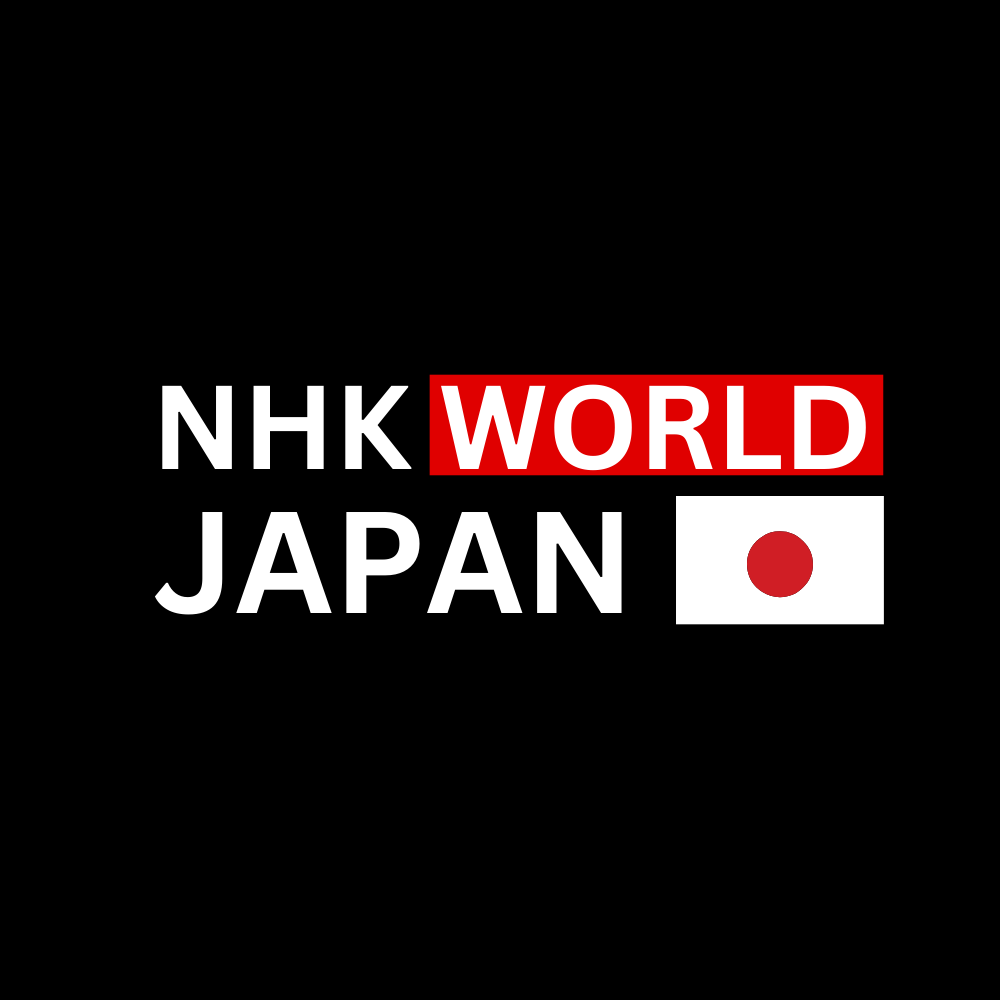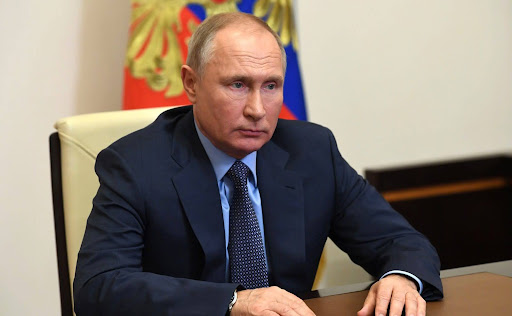North Korean leader Kim Jong-un has made a historic trip to Beijing, a move that could signal a new direction for his country’s foreign policy. Arriving by armored train, he was accompanied by his daughter, Kim Ju-ae, in her first ever international appearance. Her presence adds a new layer of intrigue to the diplomatic summit, as dozens of world leaders gather for a massive military parade. The trip underscores Pyongyang’s desire to strengthen ties with its closest allies, China and Russia.
The timing of his visit is no coincidence. The world’s attention is focused on Beijing, where Russian President Vladimir Putin is cementing his partnership with Chinese President Xi Jinping. During their talks, Putin praised the relationship as being at an “unprecedentedly high level,” highlighting their strategic coordination. Their alliance, which Putin referred to as a partnership with a “dear friend,” is viewed as a formidable counter-balance to the Western world.
The military parade serves as a backdrop for these high-level discussions. Marking the 80th anniversary of the defeat of Japan in World War II, the event will feature an impressive show of force, including marching formations, tanks, and fighter jets. Analysts believe the guest list is a clear signal of a new bloc of nations seeking alternatives to Western-led institutions. This show of unity and strength is a direct message to the world about a new geopolitical reality.
Beyond the diplomatic and military displays, concrete economic agreements were made. China and Russia sealed a landmark deal for the Power of Siberia 2 pipeline, a project that will provide China with up to 50 billion cubic meters of natural gas annually for three decades. This long-term energy deal is a cornerstone of their economic partnership, providing a stable source of revenue for Russia and energy security for China. China also announced visa-free travel for Russian citizens, a move to further strengthen their cultural and economic ties.
The visit of Kim Jong-un and his daughter, coupled with the high-stakes talks between Putin and Xi, underscore a strategic convergence of interests. A Kremlin aide even suggested a potential meeting between Putin and Kim, raising questions about a potential trilateral alliance. As Xi also touted deeper China–Russia–Mongolia cooperation, the events in Beijing collectively point to a new regional and global dynamic, one that is poised to reshape the 21st century.

